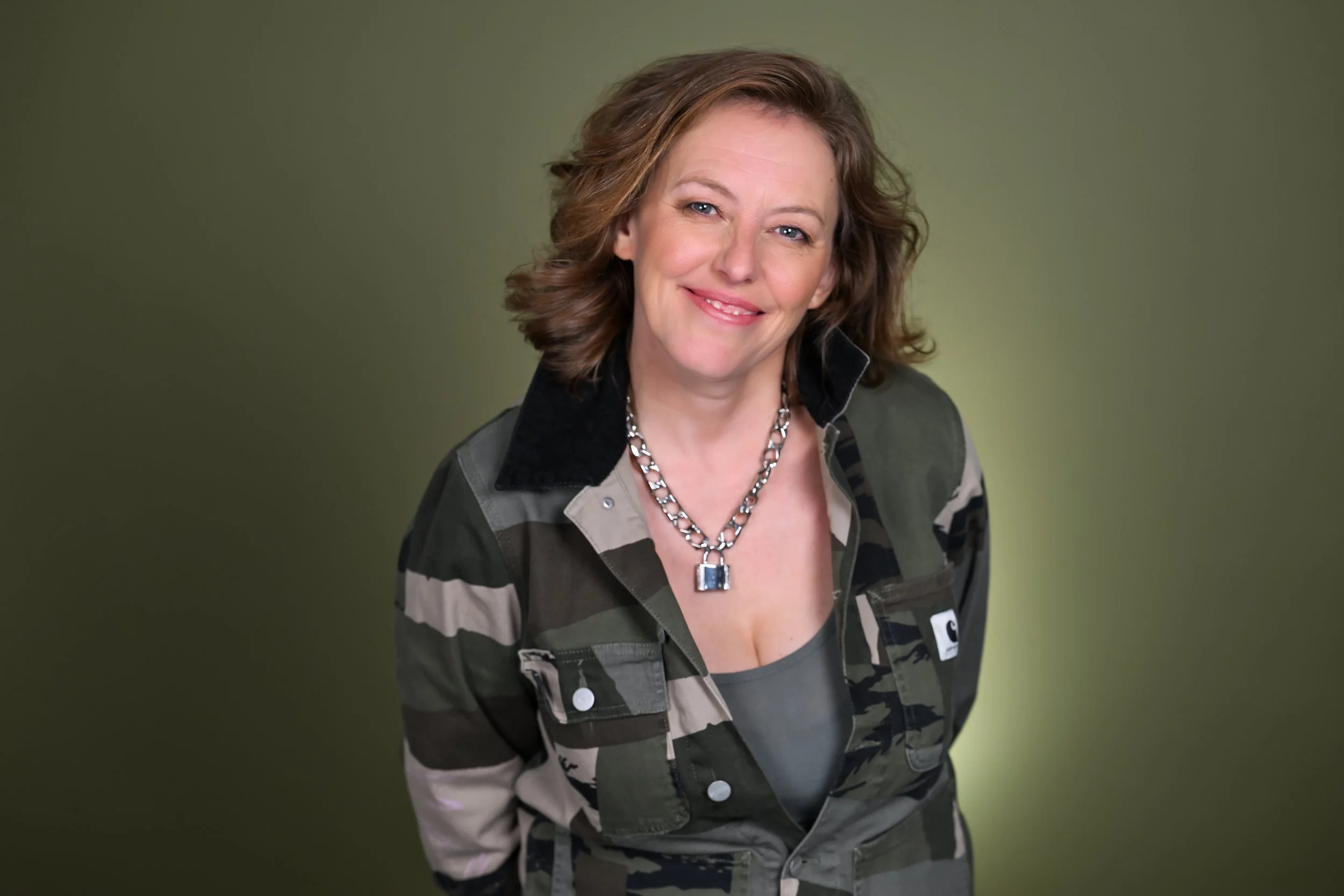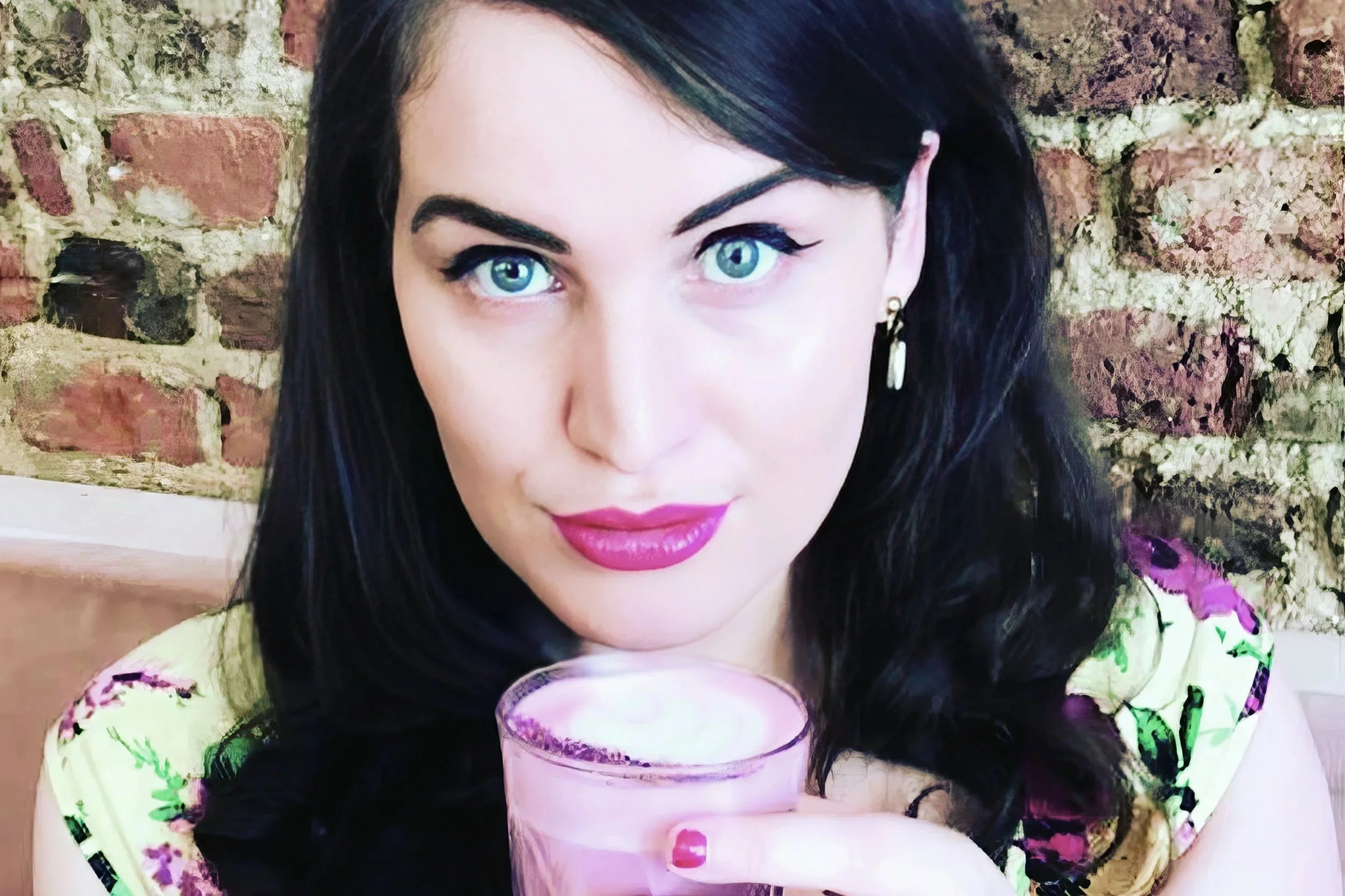Queer Women’s Voices – stories of love, breakups, diversity and divas
Rosie Wilby
Comedian Rosie Wilby is the host of award-winning podcast The Breakup Monologues. On Tuesday 7 October she hosts Queer Women’s Voices, part of our Margate Week line up of events.
For the panel discussion, she will be joined by two brilliant guests. Roxy Bourdillon is editor-in-chief of DIVA magazine and recently published her debut book, What a Girl Wants: A (True) Story of Sexuality and Self-discovery. Acclaimed author Nicola Dinan’s debut novel Bellies has been nominated for multiple awards.
They will discuss the importance of representation for queer women’s stories, pick some of their favourites and share their own journeys to publications. Ahead of the event, we caught up with Rosie to find out more.
What will you be discussing at your Margate Bookie session?
The session celebrates queer women’s stories. I imagine we’ll discuss how important representation is, some of our favourite queer writers and characters, our publishing journeys and much more.
Roxy Bouillon
Tell us about your guests, Roxy Bourdillon and Nicola Dinan?
Roxy is a journalist and non-fiction author. I’ve known her for many years through her work as the editor of Diva magazine. We hosted Radio Diva together back in the day. And she’s always brought a really cheeky sense of humour to important issues as a way to make them accessible - something I’ve always aimed to do too.
I became aware of Nicola’s amazing fiction when her debut Bellies started winning prizes left, right and centre. She really is an incredible storyteller and constructs beautiful prose around complex and important ideas and issues. I had a great time when she guested on The Breakup Monologues earlier in the year.
Nicola Dinan
Are queer women's stories harder to get out to a wider audience than others? Is that changing?
Readers can sometimes have an unconscious bias towards stories that reflect their own experiences back to them. So, minority stories have historically had a hard time finding space.
Now publishing is opening its eyes to how the traditional structures and prejudices it has unconsciously amplified don’t support diversity and inclusion all that well. And it turns out that heteronormative people DO really enjoy reading queer stories.
I’ve had so many messages from straight women who have been really intrigued and surprised to learn all about lesbian relationships and breakups from my book, and who say it helped them to challenge some of their own assumptions. So, yeah, maybe it’s changing a little.
Who are some of your favourite emerging queer women writers?
Oh, that’s such an unfair question! One of my favourite books of recent years was Julia Armfield’s Our Wives Under the Sea. I’m now writing fiction myself and was excited to participate in an Arvon retreat where she was one of the tutors. I don’t know whether she really counts as ‘emerging’ as she’s pretty successful.
For anyone who enjoys queer memoir, I’d recommend Karen McLeod’s Lifting Off all about her time working as cabin crew for British Airways.
The Break Up Monologues has been going for seven years now. What's been the most surprising thing about speaking to people about their break ups?
I’ve loved touring the country hearing funny and uplifting breakup stories. I think the surprising thing has been how many people have ultimately been able to harness the energy of that tumultuous time and use it as a catalyst for positive change.
Also, thinking outside of our British, Western view of relationships has always been eye opening. The episode that includes Njambi McGrath speaking about her Kenyan great-great-grandmother having seven wives is a favourite. That’s one for each day of the week!
Queer Women’s Voices is at The Margate School on Tuesday, 7 October as part of Margate Week. Book tickets now.



